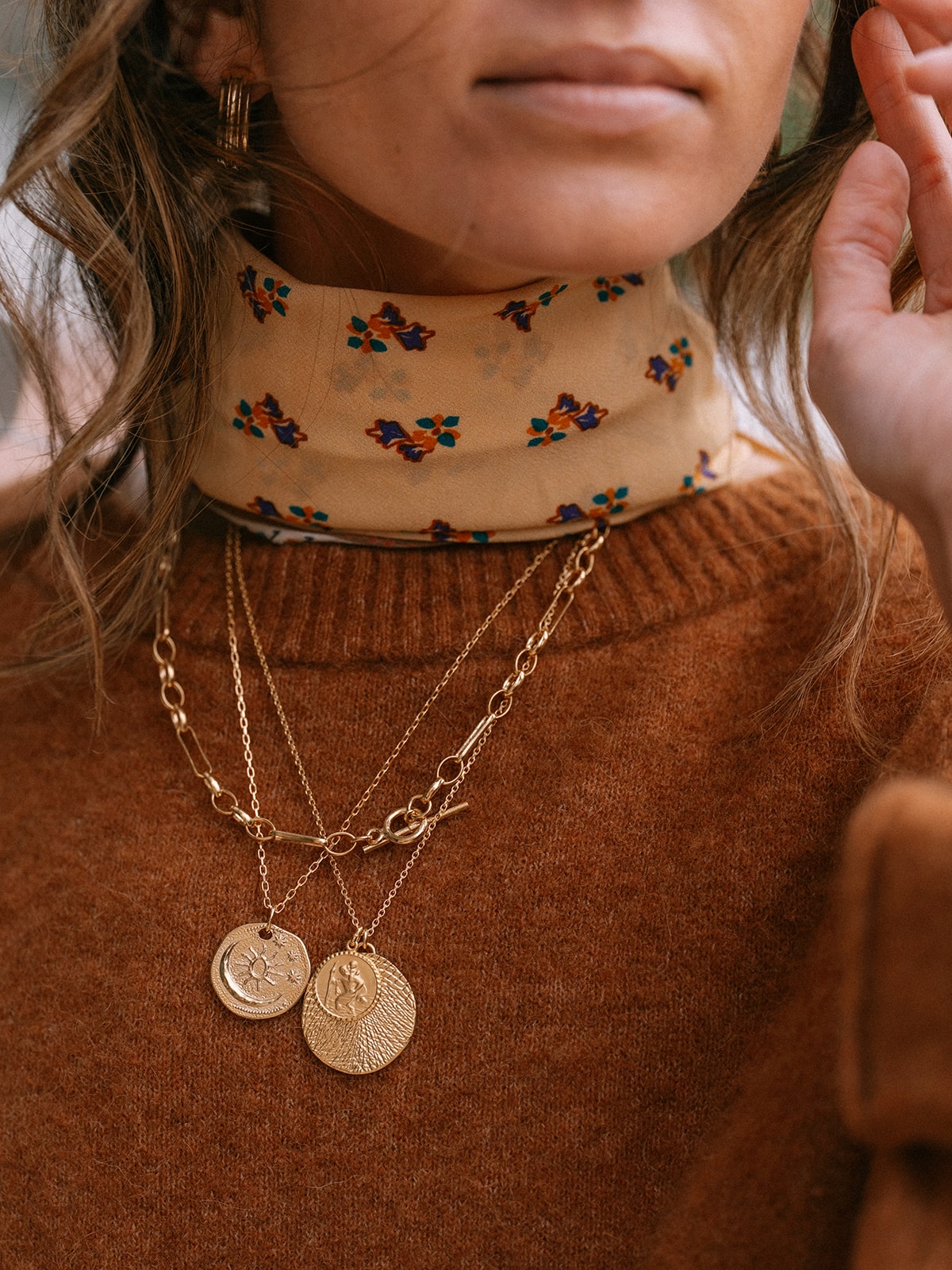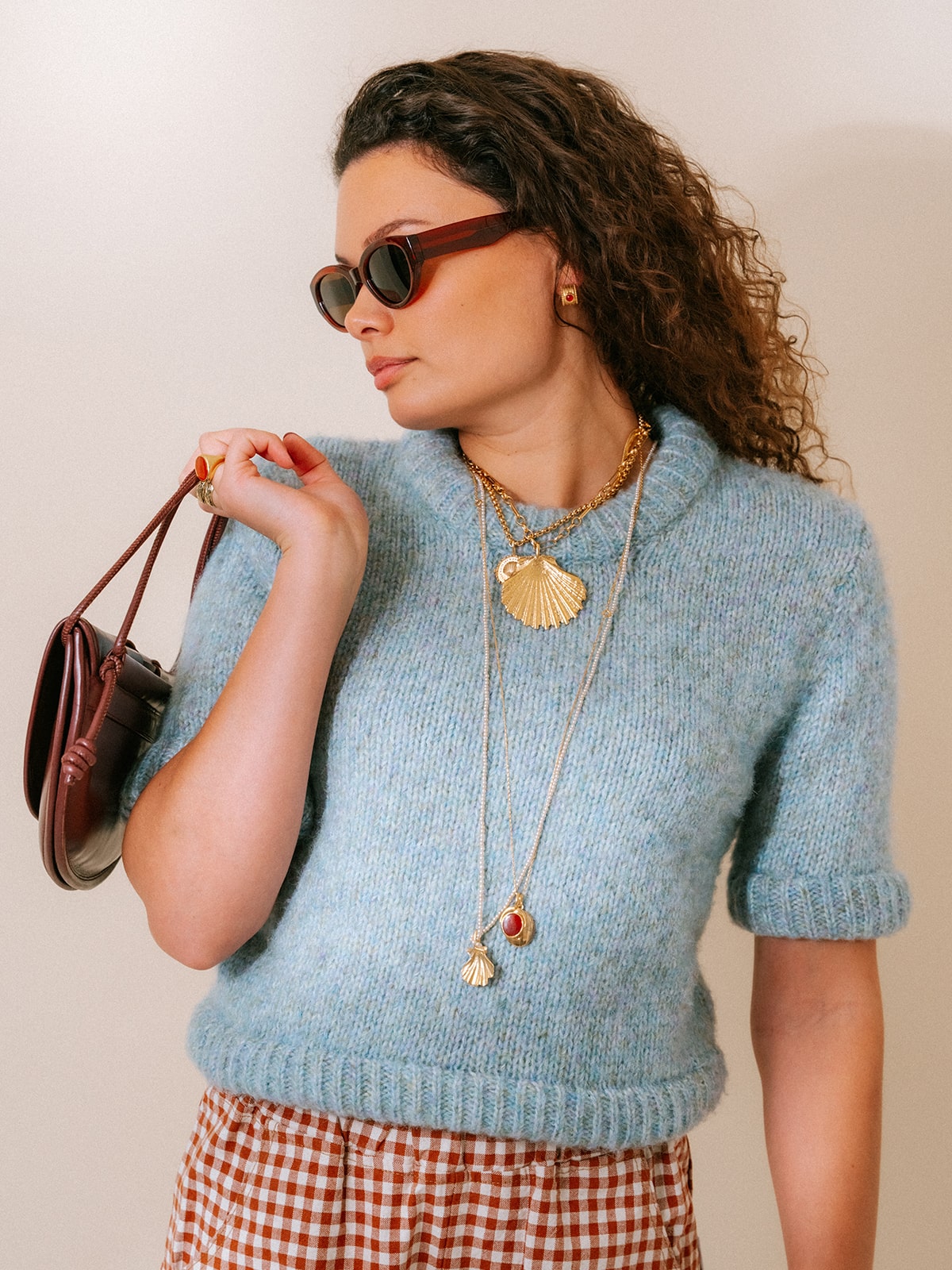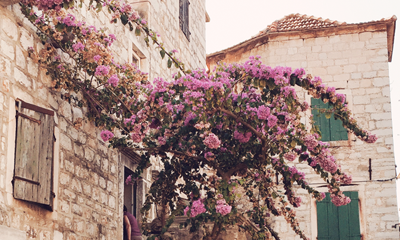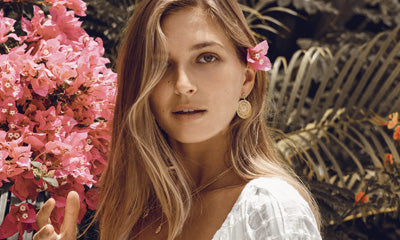Having studied originally as a textiles and surface pattern designer, I have always been totally fascinated with traditional methods of pattern application and embroidery, especially Indian techniques. For me it all started when I stumbled upon some traditional block printed fabrics at an antiques market and I just loved the craft behind the patterns, it’s perfect - but imperfect finish and the way that it’s so beautifully precise yet, with such a wonderful hand finished quality, making each piece feel unique. I was totally drawn to this ancient technique that has survived the wonders of modernisation and evolved alongside it in its original form, and for me is truly synonymous with India.
WOODBLOCK PRINTING
Woodblock printing on textiles is usually applied onto many natural materials such as linen, cotton or silk, by means of incised hand carved wooden blocks. It is the earliest and slowest method of textile printing that takes skill and an eye for detail. The earliest known examples of block prints actually come from China over 2,000 years ago. From there, it spread to India and It didn't reach Europe until hundreds of years later. It has of course, slowly been replaced by other means of more modern and speed efficient methods of printing,but it still holds a timeless and worthy place among the modern world of interiors and for fabric lovers the world over. Originally block printing was only used for artwork printed on to fabric but later, it was also applied to paper and many other applications.
VISITING INDIA
My Grandmother was born in Lucknow India and spent much of her last years reminiscing about her childhood adventures. After her passing, I was given her beautiful block printed fabrics that I now have in our home. I have re-worked them into cushion’s that look completely timeless. There is something about this fabric that draws me to it, its tactile qualities, diverse forms and ever-changing surfaces. I have visited India a few times and each time I have been blown away by the people’s profound skills with textiles, the general feeling of welcoming and pride in their creations and true generosity. It really is such a humbling place and quite like no other. There is such infinite variety with such extremes beautiful, chaotic and overwhelming at times but enchanting in so many ways.
CABINET JEWELLERY AND ACCESSORIES
We have created a beautiful collection of accessories that we will be regularly updating with new designs and styles using beautiful vintage fabrics from far and wide. Our love affair with textiles culminating in our unique collection of limited edition pouches, hair ties and tassel necklaces, all hand made in our studio. We have also introduces some lovely little pendant necklaces in the shape of some of our favourite animal silhouette’s.
INDIAN ELEPHANT NECKLACE
The elephant is a symbol of dignity, intelligence and peace. Considered a symbol of good luck and good fortune, in Indian culture elephants are a symbol of mental strength, earthiness and responsibility. There are many different species, the white elephant having been chosen by Buddha because he wanted to use it for his many incarnations. The white elephant is so rare and their appearance today will still be considered a phenomenon of the gods. It is the most positive animal symbol known with no negative consequence……and thus the saying " Keep a lucky elephant at the door to your house,so that you can get protection from bad luck".
AZIZA CAMEL NECKLACE
A Camel is one of the most powerful symbols of endurance, strength and persistence, incredible patience and steadiness. It’s also considered a symbol of sacrifices that we all need to make at certain points of our life, in order to develop and progress within ourselves. The Desert ship, a nickname camels certainly do deserve, is able to endure incredibly long periods without drinking water, roaming across vast desert landscapes and sun-burnt dunes, always walking with its faithful companions.
SHOP INDIAN BLOCK PRINT - PAVILION POUCHES
Photo credits: Pinterest, Chloe Mary Upton













